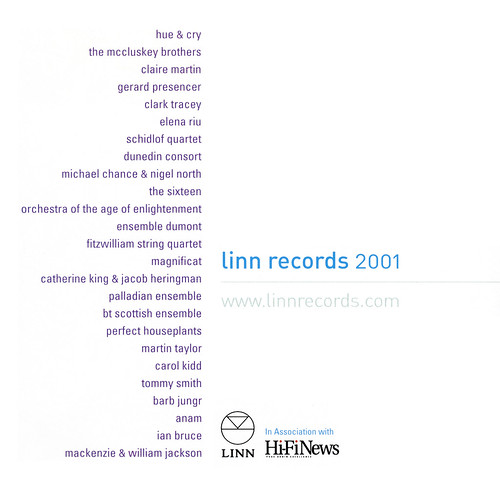Catherine King says treatment of women was ‘a factor’ in Qatar Airways decision
Catherine King #CatherineKing

The treatment of Australian women subjected to bodily inspections at Doha airport in 2020 provided “context” for the government to reject Qatar Airways’ extra air rights, transport minister Catherine King has said, but insists her decision was based on “no one factor”.
King also said the Doha incident was “a factor” in the decision to block extra flights but it “certainly it wasn’t the only factor”.
“I haven’t pointed to that as one factor. What I have said is that it provides a context for the decision that I made.”
On Thursday morning King confirmed she made the decision to reject Qatar Airways’ request to run 28 additional weekly flights to Australia on 10 July, and later informed Anthony Albanese “prior to the decision being made public” on 18 July.
“Normally these decisions are not in the public domain, they are routinely made by government,” King said.
“We’ve had multiple media requests on behalf of the women who had been escorted at gunpoint off the Qatar Airlines (sic) flight and had then been subject on the tarmac in ambulances to invasive body searches. We’ve had multiple media inquiries about that. And so by the 18th of July, the prime minister was aware of my decision,” King said.
King said the Doha incident, which is the subject of a legal action on behalf of five Australian women, provided “context” for her decision.
“In making this decision, I did have a national interest, not commercial interests at play when I was making that decision. Certainly, for context, this is the only airline that has something like that that has happened. And so I can’t say that, you know, I wasn’t aware of it but certainly it wasn’t the only factor,” she said.
“[It] provides a context for the decision that I made. There is a context there that is there, you know, that’s a fact that is a context that is there. So I was not not aware of it. So obviously, it was a context of the decision that I made,” she said.
King was asked if she consulted the trade minister, Don Farrell, about the decision, and said: “As you would expect I consulted colleagues prior to making the decision, but the decision was mine.”
Her answer stands in contrast to comments Farrell made to ABC Radio National about the decision: “I can’t say that I specifically had a conversation with her, but I’m aware her department made it clear they were dealing with this issue and going to make a decision.”
That followed the foreign affairs minister, Penny Wong, revealing she held a phone call with the Qatari prime minister on Monday, during which she spoke about the Doha airport incident but not extra flight capacity.
On Wednesday, it emerged that former Qantas boss Alan Joyce will be called to front a Senate inquiry into the Qatar decision. Other witnesses include Joyce’s successor Vanessa Hudson, along with officials from Qatar Airways, Virgin Australia and regional airline, Rex.
The Qatari ambassador and the chief executives of major Australian airports will also be called upon to appear before the Coalition-chaired inquiry.
skip past newsletter promotion
Our Australian morning briefing breaks down the key stories of the day, telling you what’s happening and why it matters
Privacy Notice: Newsletters may contain info about charities, online ads, and content funded by outside parties. For more information see our Privacy Policy. We use Google reCaptcha to protect our website and the Google Privacy Policy and Terms of Service apply.
after newsletter promotion
Following days of intensifying questions over the Qatar decision and questions about the influence of Qantas, King made the comments at Canberra airport on Thursday morning as she released the delayed aviation green paper.
The green paper addressed bilateral air rights broadly, noting Australia should grant foreign airlines permission to add extra capacity “ahead of demand” but that Qantas’ submission advocated for the government’s approach not to compromise a strong local airline sector.
It stated: “Inbound and outbound aviation capacity should be ahead of demand to ensure it is not an impediment to future growth which can deliver economic and connectivity benefits to Australia.
“Many stakeholders saw benefits in ensuring ample capacity is available well in advance of demand …[but] some stakeholders suggested bilateral settings support a strong Australian-based industry. For example, Qantas Group suggested the Australian Government ensure its approach ‘does not compromise the national interest inherent in the development and maintenance of a strong Australian aviation sector’.”
The green paper also addresses competition between airports and airlines, skills in the industry, aircraft noise issues, achieving net zero carbon emissions in the sector and developing a local sustainable aviation fuel capability.
King also signalled the government will soon address concerns that strict legislation dictating access to Sydney airport slots has led to increased cancellations and less competition for routes out of the city.
The Australian Airports Association’s chief executive, James Goodwin, responded to the green paper announcement by saying “airline competition must be a focus for the federal government during this process so customers don’t lose confidence in air travel”.